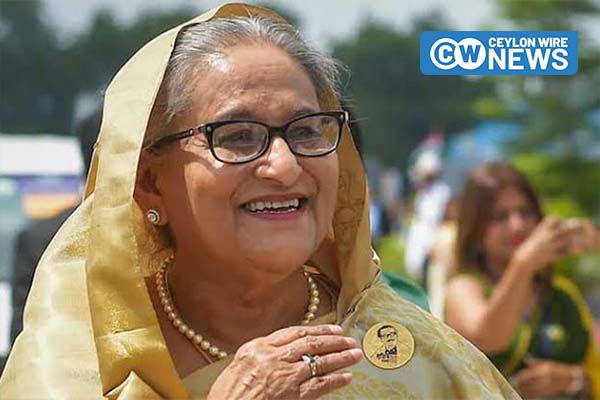In the latest general election, Bangladesh Prime Minister Sheikh Hasina has clinched a fourth consecutive term, as confirmed by the electoral body on Monday. Despite a boycott by the main opposition, Hasina’s party secured an absolute majority.
The Bangladesh Nationalist Party (BNP), the main opposition, boycotted the polls after their demands for Hasina’s resignation and the appointment of a neutral authority to oversee the election were not met. The low turnout marked the election, with only about 40% participation compared to over 80% in the 2018 election.
Sheikh Hasina, daughter of the country’s founding father Sheikh Mujibur Rahman, became prime minister for the first time in 1996. This victory marks her fifth term overall. Over her past 15 years in power, she has been credited with revitalizing the economy and the extensive garments industry, earning international acclaim for providing refuge to Rohingya Muslims fleeing persecution in Myanmar.
The election, marred by violence, saw the ruling Awami League party secure 167 out of 227 seats, with the outcome of the remaining seats yet to be announced, according to unofficial results. Hasina, contesting from Gopalganj, received 249,962 votes, while her nearest rival secured just 469 votes.
Rights groups have expressed concerns about the potential for a virtual one-party rule under Hasina’s Awami League. The United States and Western nations, key customers of Bangladesh’s garment industry, had urged a free and fair election.
Sheikh Hasina, emphasizing her commitment to democracy, instructed her party not to conduct victory processions or celebrations. The election covered 299 directly elected parliamentary seats, with almost 120 million eligible voters choosing from nearly 2,000 contestants.
Critics accuse Hasina of authoritarianism, human rights violations, and suppressing dissent. The country’s economy has faced challenges, with a slowdown exacerbated by the Russia-Ukraine war, prompting Bangladesh to seek a $4.7 billion bailout from the International Monetary Fund last year. Source: Reuters









